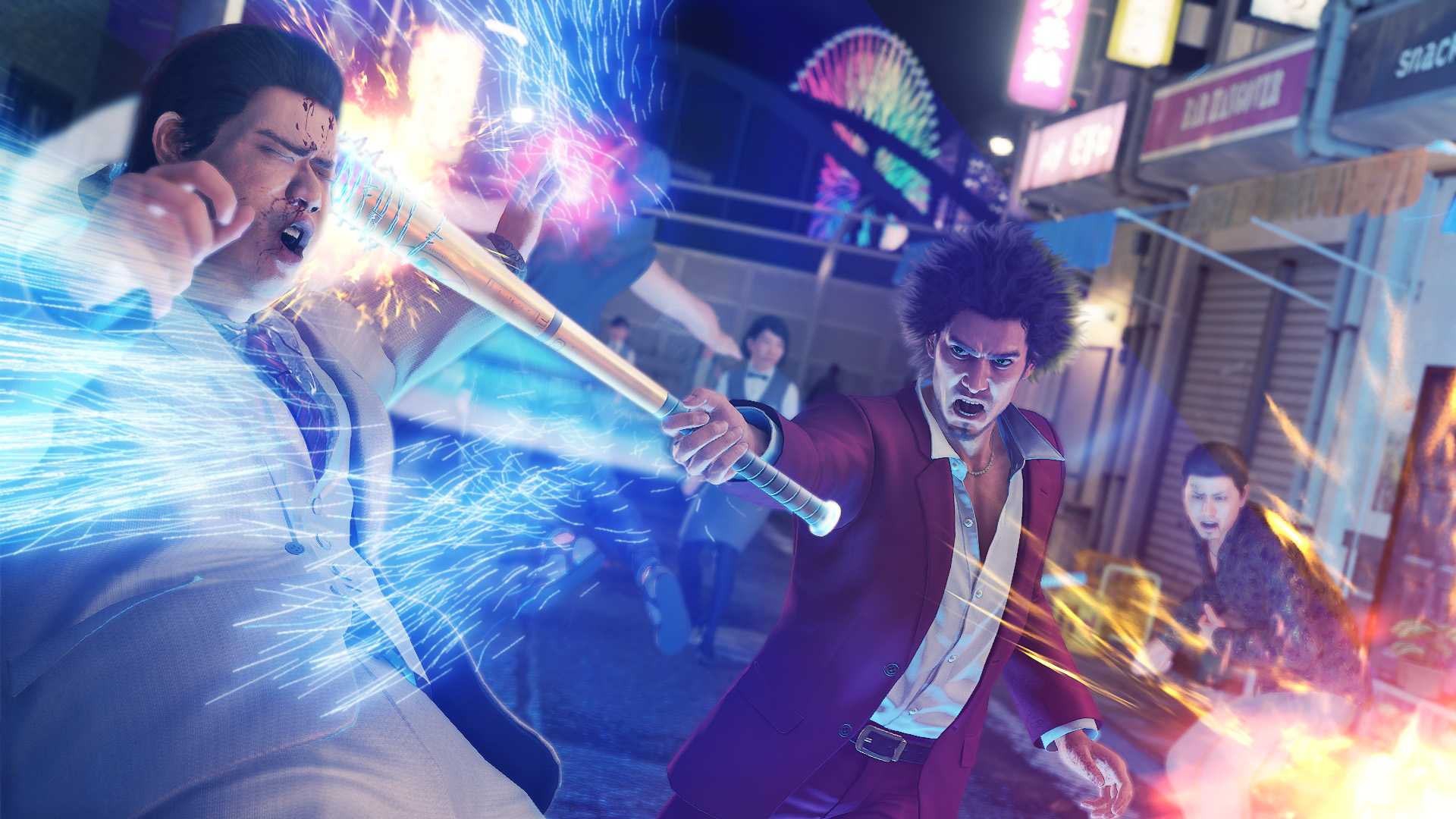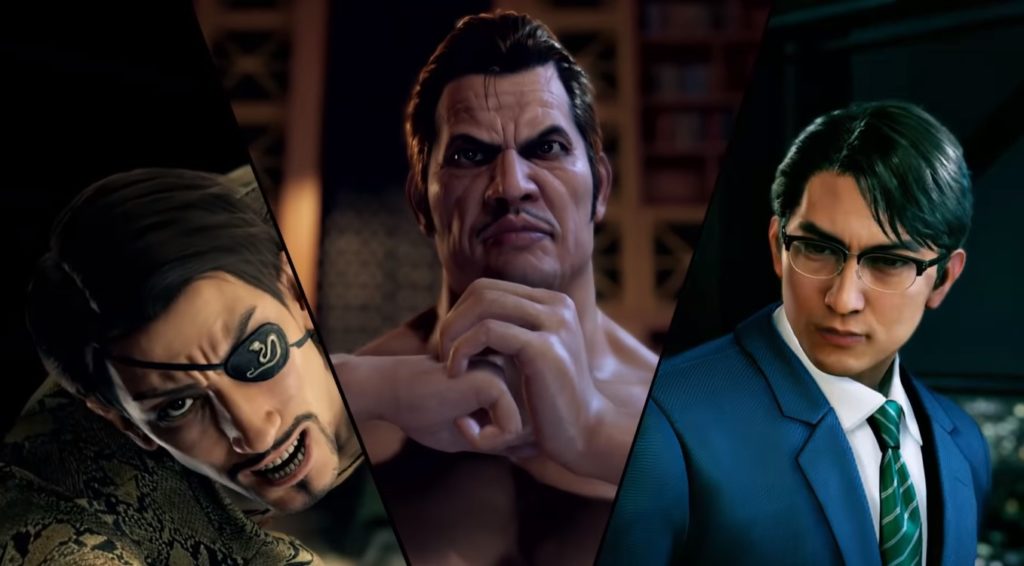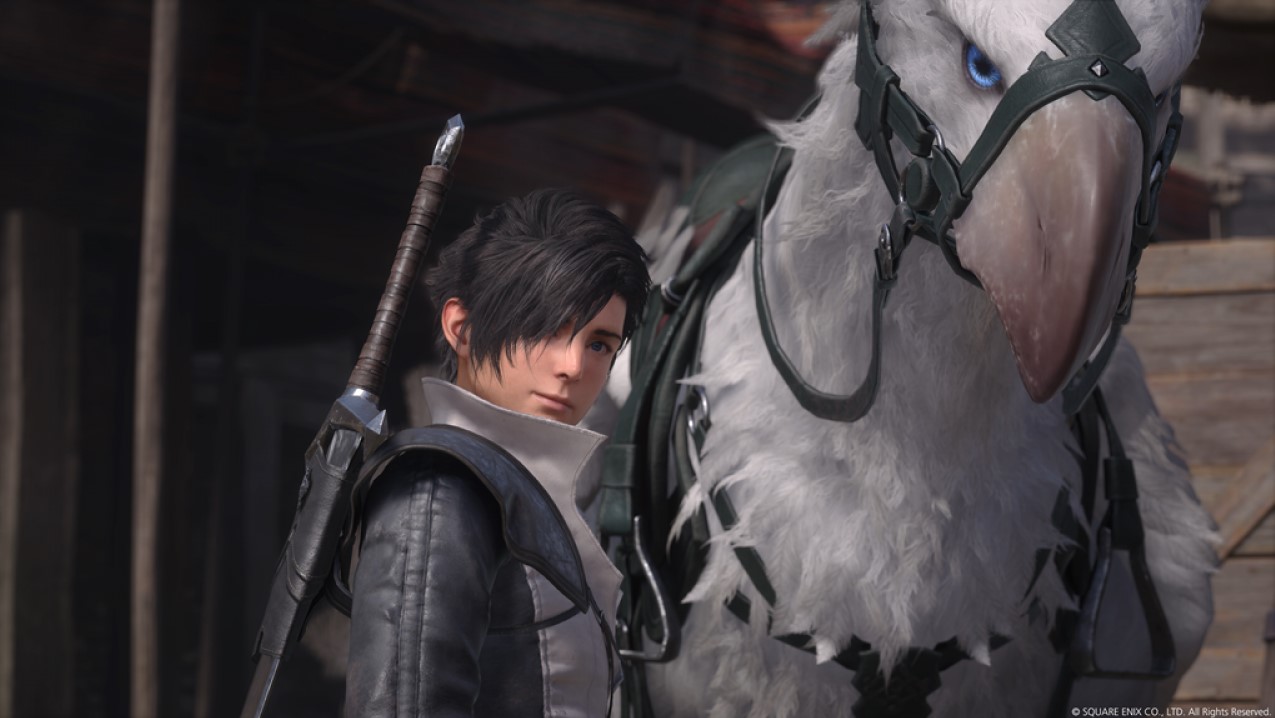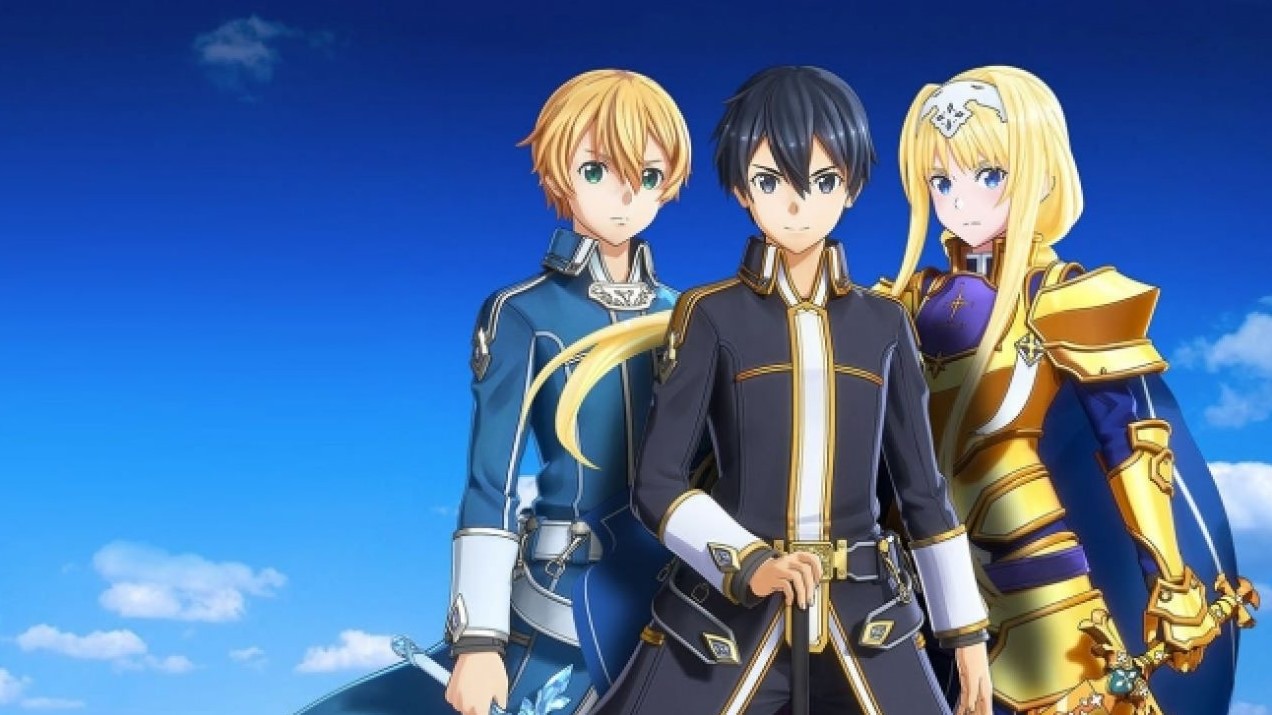Yakuza: Like A Dragon Impressions – Yakuza on Bathsalts
It all started because I wanted that Tifa Dynamic Theme for my PS4 background. While it was given away for free in Japan and Asia, acquiring said dynamic theme in the North American hemisphere initially required (not anymore) a song and dance with capitalism’s bizarre marketing ploy. We had to buy a certain set of candy bars and enter a code to this void that sells our souls to the Illuminati or something to that effect. After creating a Japanese PS4 account to acquire said theme, I also got my hands on a Ryu ga Gotoku 7 demo or as we call the game in the anglophone world – Yakuza: Like A Dragon.
The State of the JRPG
What started as an April Fool’s joke gone awry, Yakuza: Like A Dragon takes a completely different approach in the new crime drama saga. It’s a fresh breath of air for this franchise. In the last few games leading up to Yakuza 6: Song of Life, the studio attempted to change it up for this genre. Yakuza 4 and 5 gave the players an ability to control other characters that’s not Kazuma Kiryu. This convention continued with Yakuza Zero with a playable Majima Goro, Judgment with a botoxed Takuya Kimura, and Fist of the North Star with the iconic Kenshiro. Even as an avid fan of these games, I found myself fatigued by Judgment where it’s merely Yakuza with a private detective skin, almost akin to Shun Akiyama’s gameplay in Yakuza 4 and 5. So having a JRPG approach felt like a curious change in direction.
I have a love and hate affair with JRPGs. It stagnated over the years and hit a wall as their gameplay and storytelling haven’t grown up from the typical fanfare of waifus and god-like teenagers. While there were times where they’ve found a way to subvert the genre; at best, it’s a wish fulfillment fantasy for weebs and the worst of them, an overpriced, unplayable mess. Though, I still hold onto hope that a renaissance of the genre will come into fruition sometime in this lifetime where they will find a way to revitalize this genre.
Subverting Conventions
At first, an avid Yakuza fan would wonder how the genre can change gears completely and adapt a full-fledged JRPG from its current beat-em-up skin. The answer is, almost seamlessly. The Yakuza genre really knows how to shift gears when to turn wacky and when to remain serious. From Yakuza Zero to Judgment, the genre is unapologetic in its almost instantaneous 360-degree genre flips when entering a side mission, a minigame, or going back to its main story that takes itself a bit too seriously. I guess that’s what sustains the fanbase, there’s never a dull moment.
Enter Yakuza: Like A Dragon, the demo opens with ex-Yakuza protagonist Kasuga Ichiban looking for a job and is joined by bruiser Adachi and magical hobo Namba. As the game progresses, Saeko joins your party as an office lady Tifa equipped with a Louis Vuitton handbag from hell. Your veritable hero-support-tank-DPS party has now been created and it is glorious.
In the demo, I’ve skipped the many minigames as I will have more time to fully immerse myself and enjoy them once I play the full English-translated release. The setting moved away from Tokyo’s Kamurocho and Osaka’s Sotenbori to Yokohama’s Isezaki Ijincho district. Looking forward, we might end up in Millennium Tower again but I wouldn’t be surprised if we get an airship and we wind up in Dragon Quest’s Tree of Life for the final showdown with an androgynous antagonist.
Interactive Backgrounds

Taking cue from isometric RPGs, they’ve taken the classic turn-based milieu to feature an interactive battle setting. While in Final Fantasy VII: Remake, positioning really made the interactivity more dynamic and spell targeting/timing added another aspect to the genre; Yakuza: Like A Dragon takes it another step further where your position to other characters are either rewarded or punished.
For example, if one tries to mindlessly walk past an opponent to assist another character, the opponent wouldn’t just passively allow it, they beat the crap out of that passerby. If background debris such as a bicycle, brick, or barbed baseball bat is in their way, the character can take said item and use it with their attack. What works for the heroes, likewise could be used against them by their enemies, so it is a subtle addition to this system. In that, I am pleasantly surprised that we have a workable JRPG on our hands!
Hobo Fantasy VII

Just as Kazuma Kiryu sees his life as a Streets of Rage game, Kasuga Ichiban sees his life as a Yusha from Dragon Quest. One can infer that from the set pieces, the most obvious one being pulling his signature weapon – the nailbat – stuck amidst construction debris. Down on his luck and pretty much reduced to a homeless ex-con after being betrayed by his patriarch, Kasuga recruits his own motley crew of a magical homeless party (and a really angry OL).
The charm in this game may wear off in the later hours in the game as playing it right now, I was completely amused and bedazzled by its off-the-rails execution. What really won me are the summon commands in the game, basically Kasuga sends out a text to characters in the franchise and they enter dealing damage, healing, or afflicting enemies with status effects. So far, I’m amused and I can’t wait until Kasuga starts summoning legends like Kiryu and Majima.
My fear is that the game will have that 40-hour lag found in every JRPG where one is forced to grind to be able to surpass the current story checkpoint or I get caught up in a minigame spiral then ultimately quitting the game mid-journey. Hopefully, it takes enough from the existing lore to sustain its novelty and have us ask for more.
I think it’s too early to say if it’s worth buying, but with the demo I’m intrigued to see what else it has for us in the next dozen or so hours of gameplay. So far, it’s a damn crazy game, and I can’t wait for the localization.
Yakuza: Like a Dragon is scheduled to release in November for the PlayStation 4, Xbox One, and PC. The Xbox Series X version will be a launch title while the PlayStation 5 version will arrive at a later date.




